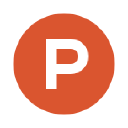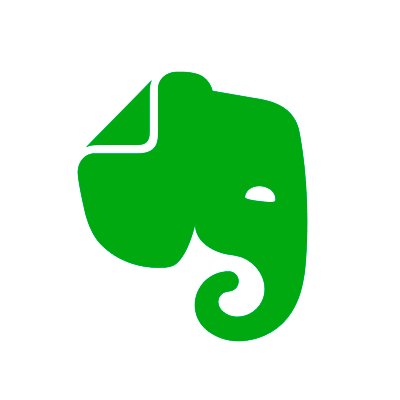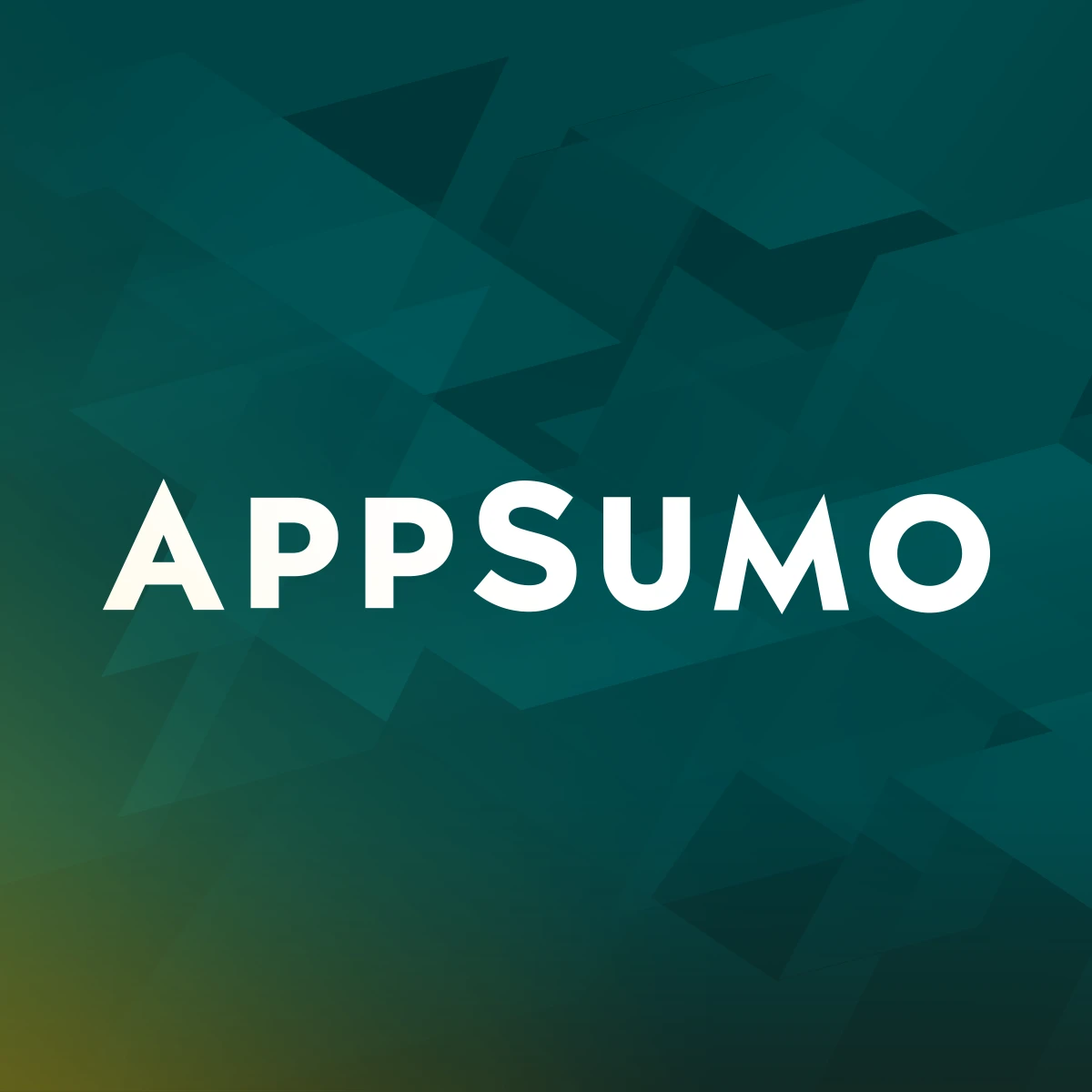I Grew My SaaS Project From Idea To $1.5K MRR In 7 Weeks
Hello! Who are you and what business did you start?
Hello, my name is Mohamad Alasadi, a 19-year-old entrepreneur and blogger at mohamadalasadi. Around a month and a half ago, I started my first ever SaaS company, Hawk Prospecting, after a failed attempt at running my marketing agency. Hawk Prospecting was the tool, the missing piece of the puzzle I needed when I ran my agency.
Hawk Prospecting is a B2B prospecting software that helps agencies and salespeople find and connect with ideal prospects and decision-makers. We find emails, numbers, social media, and more for over 2.5 billion+ prospects worldwide - the largest database in the industry.
I had adopted the ‘lean startup’ methodology and so I decided that launching my business early was much more beneficial than spending months perfecting the product. The biggest issue I faced was lacking the technical knowledge needed to build a SaaS company, however, my interest in the space helped me pull through and find a solution.
After a lot of stress and lost hope, I was able...

































